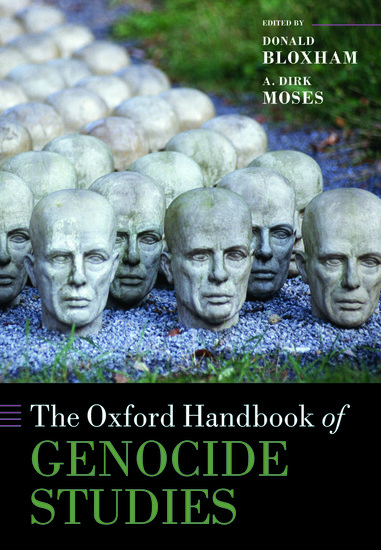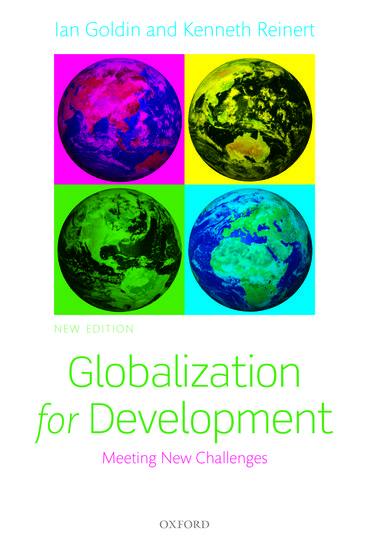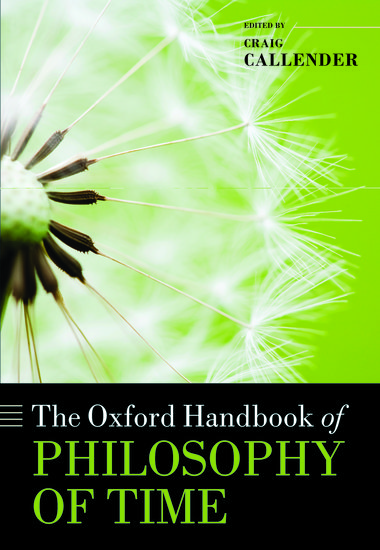Israel’s strategic nuclear doctrine: ambiguity versus openness
By Louis René Beres
Israel’s nuclear posture is always closely held. This cautious stance would appear to make perfect sense. But is such secrecy actually in the long-term survival interests of the Jewish State? The answer should be based upon a very carefully reasoned assessment of all available options.




